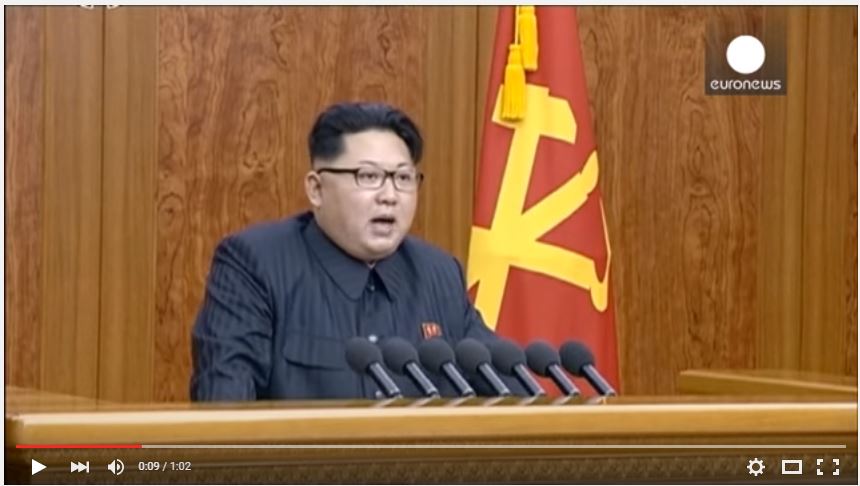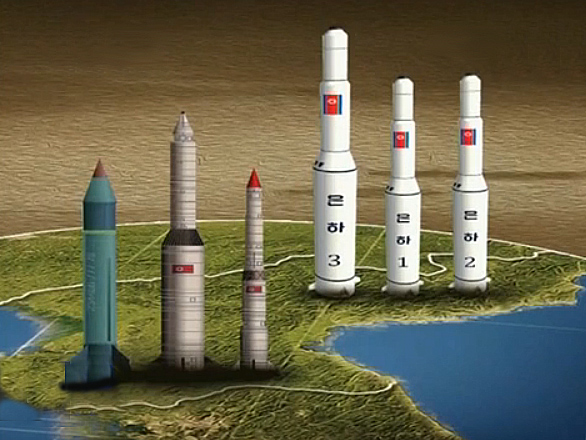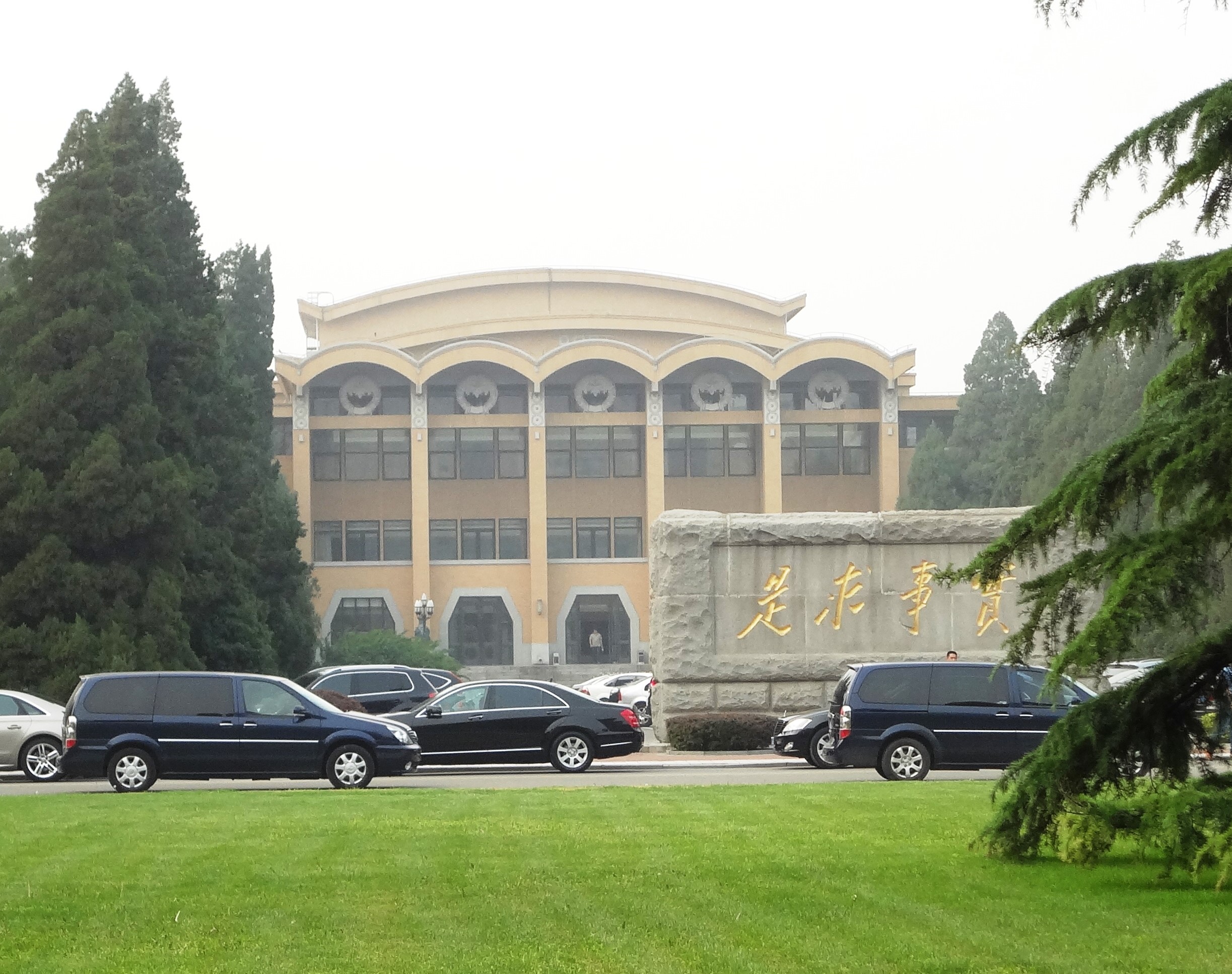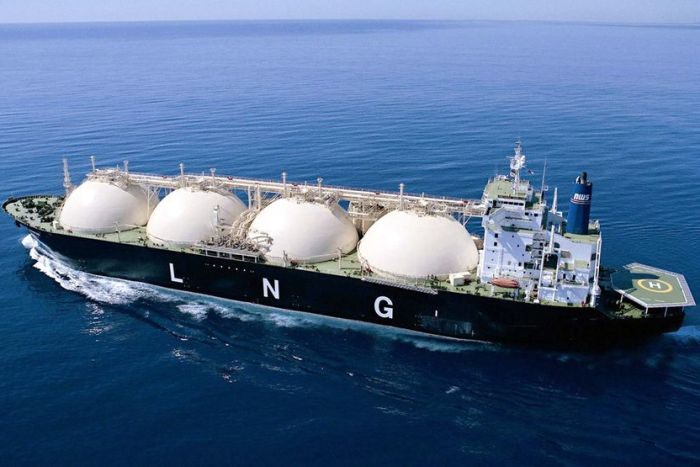Nautilus Institute’s Policy Forum‘s focus is on the timely publication of expert analysis and op-ed style pieces on the foremost of security-related issues to Northeast Asia. Its mission is to facilitate a multilateral flow of information among an international network of policy-makers, analysts, scholars, media, and readers. Policy Forum essays are typically from a wide range of expertise, political orientations, as well as geographic regions and seeks to present readers with opinions and analysis by experts on the issues as well as alternative voices not typically presented or heard. Feedback, comments, responses from Policy Forum readers are highly encouraged.
North Korean Power and Kim Jong Un’s Smaller H-Bomb

NAPSNet Policy Forum By Peter Hayes and Roger Cavazos Jan 12, 2016 I. Introduction In this essay, Hayes and Ca…
Go to the articleHow Can We Solve the North Korean Long-Range Rocket Problem?

January 6, 2016 NAPSNet Policy Forum Written by Cheong, Wooksik and translated from Korean to English by Subin Yang. This piece was first published in Peace Network in December 2015. Cheong, Wooksik is the Director of Peace Network. Subin Yang recently received her B.A in International Studies with concentration in Asian Studies from Ewha Womans University, […]
Go to the articleLandmines: The Never-Ending War

by Olly Terry & Yang Subin of Seoul based NGO Peace Network November 10, 2015 This essay was first published by Peace Network on October 22, 2015. I. Introduction The recent landmine explosion on August 4th, that maimed two young South Korean soldiers, served as a stark reminder that the Korean War hasn’t formally ended. […]
Go to the article끝나지 않은 전쟁: 한반도의 대인 지뢰 문제와 대책

올리 테리, 양수빈 (평화네트워크) / 2015년 10월 Subin Yang recently received her B.A in International Studies with concentration in Asian Studies from Ewha Womans University, Seoul. She is currently an intern at Seoul based NGO Peace Network. Her interests are the interaction of women and militarism in East Asia. Olly Terry is a research associate at Peace […]
Go to the articleMongolia’s Future Energy and Economic Development: Today’s Complex Choices Will Have Long-term Ramifications

“Perhaps no nation has at the same time both more diverse options for its energy and economic future and the potential to make those options reality than Mongolia.
“It will be up to Mongolian leaders, however, to make the difficult choice of a future direction for the Mongolian energy sector, a choice unique to Mongolia in the potential diversity of directions that are plausible for this sparsely-populated nation with a growing economy and many resources, but not, in general, dissimilar to the choices that many nations now face as they seek more climate-friendly energy paths.”
Go to the articleNuclear threat and Korean reunification: Ultimately no avail

by Ke Chung Kim 12 October 2015 I. Introduction Recently, Peter Hayes presented an interesting paper “Nuclear Threat and Korean Reunification” in this Policy Forum.[1] His arguments prompted me to recall fundamental arguments on the centrality of Korea’s environmental future in the rebuilding of North Korea and the reunification of Korea. Ever since the Korean vision […]
Go to the articleOn the Significance of China’s “Characteristics”

By Ron Huisken 24 September 2015 I. Introduction China is an ancient and accomplished nation with an essentially unbroken tradition of authoritarian governance. China’s contemporary governance arrangements, which include a fondness for qualifying an objective or commitment with the words ‘with Chinese characteristics’, have both deliberate and inadvertent consequences that should be an important consideration […]
Go to the articleThe Tesla Battery—An Electricity Storage Technology with Potentially “Disruptive” Implications

The Tesla Powerwall battery has the potential to demand further change of the utility industry, perhaps in some places shifting electricity provision to an entirely different business model. How the impact of the Tesla battery and related energy storage developments play out for traditional sources of power—including coal-fired and nuclear plants—will be fascinating to observe, and may force some hard choices and harder changes on the part of electric utilities.
Go to the articleChallenges Associated with Natural Gas Exports from the U.S. to Asia: the Oregon Example

In this Policy Forum David von Hippel writes “With an eye on the Asian market, developers have proposed two LNG export terminals for the state of Oregon. Terminal developers and gas producers argue that there are substantial environmental and employment benefits to exporting LNG to Asia. The challenges faced by these proposed projects in receiving the myriad necessary construction and operation permits from federal, state, and local authorities, however, as well as consideration of the arguments going on between Oregon stakeholders at the state and local level, suggest caution is in order for East Asian nations in depending on substantial future LNG exports from the US before these (and other) terminals are actually built.”
Go to the articleCyber threats and the challenge of de-alerting US and Russian nuclear forces

Andrew Futter writes ‘A quarter of a century after the end of the Cold War, both the United States and Russia retain a significant number of nuclear weapons … capable of inflicting almost unimaginable damage, death and devastation.’
Futter argues that ‘the logic of de-alerting these nuclear forces and enhancing the safety and security of nuclear systems is becoming increasingly persuasive and urgent….. [T]his appears to be becoming particularly pronounced as we move into a era increasingly dominated by the threat of “cyber attacks”.’
Go to the article
